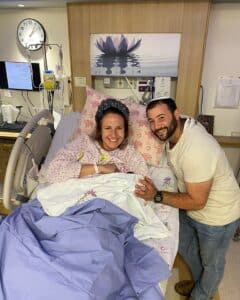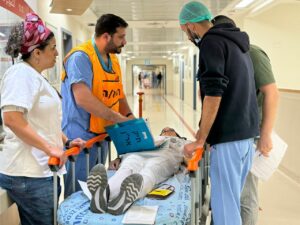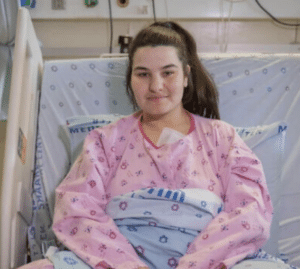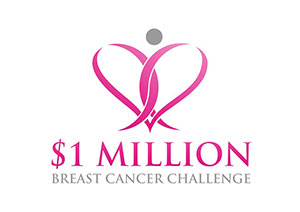Presymptomatic detection of disease and identification of increased disease risk provide the opportunity for early diagnosis, intervention or prevention.
Although screening programs to identifies carriers of recessive gene mutations have been effective in reducing the incidence of genetic diseases among Ashkenazi Jews in Israel and abroad in recent decades, these programs “have not realized their potential,” according to a recent study published by American and Israeli researchers in the journal Genetics in Medicine.
“Many known autosomal [non-sex-chromosome] recessive and dominant conditions are not screened for, and the molecular basis of other conditions for which screening might be offered is unknown,” wrote the researchers from the US, the Hebrew University of Jerusalem and the University of Haifa. The researchers included Brett Baskovich, Sudan Hiraki, Kinnari Upadhyay, Harry Ostrer and others from the US, as well as Prof. Ariel Darvasi from the Hebrew University.
Identification of genetic carrier status provides the opportunity for reproductive counseling and family planning, allowing for the prevention of the birth of an affected child or for early diagnosis and intervention, they wrote.
The best-known example is Tay-Sachs disease, a severe, progressive neurodegenerative disorder caused by a defect in hexosaminidase A enzyme activity.
“Beginning in 1970, Tay- Sachs carrier screening in Ashkenazi Jewish individuals was the first population-based public health initiative aimed at decreasing the incidence of a lethal genetic disease,” they wrote. “This coordinated effort, which included education, genetic counseling and voluntary screening, was adopted throughout the US as well as internationally. Within 30 years of its inception, the program was successful in decreasing the incidence of Tay-Sachs disease by more than 90 percent in the Ashkenazi Jewish populations of the US and Canada.”
Not only are population- based genetic screening tests “a valuable application of genomic technology to predict whether couples are carriers of genetic diseases and if their fetuses are also affected, but it can have significant clinical and public health benefits,” the team wrote. Detection of a disease before symptoms arise and the identification of increased disease risk provide the opportunity for early diagnosis, intervention or prevention.
The US-Israeli team sequenced genomes from 128 healthy Ashkenazi Jews, expanding the list of mutations.
They identified 163 mutations for 103 conditions, of which 76 were autosomal recessive, 24 were autosomal dominant, and three X-linked disorders.
They concluded that screening for a broader range of disorders “not only could further reduce the incidence of autosomal recessive disorders but also could offer the benefits of early or presymptomatic diagnosis.”
Asked to comment on the study, Prof. Gheona Altarescu, the director of the Pre-implantation Genetic Diagnosis Unit at Shaare Zedek Medical Center, said that “I think that eventually screening tests will be much broader than today, when only 17 tests are offered for Ashkenazi Jews. A large number of tests has its benefits and disadvantages. The benefits for severe recessive disorders are obvious. Also, for X-linked disorders, adding detection of Duchenne muscular dystrophy is very important, since this is a fatal disease and not so rare.”
The Shaare Zedek geneticist added that the autosomal dominant disorders for asymptomatic parents are more problematic, posing ethical dilemmas about whether they should be tested. “The same goes for mild recessive disorders such as Gaucher’s disease and deafness. But altogether, it is clear that this is the future of the screening tests for Ashkenazi genetic disorders,” she concluded.










